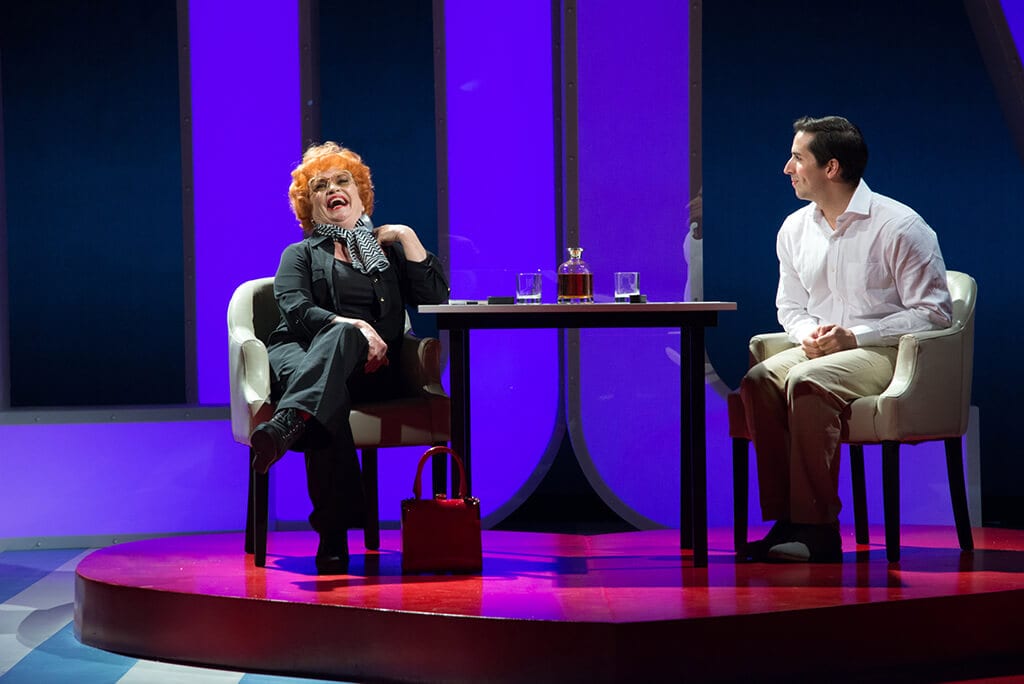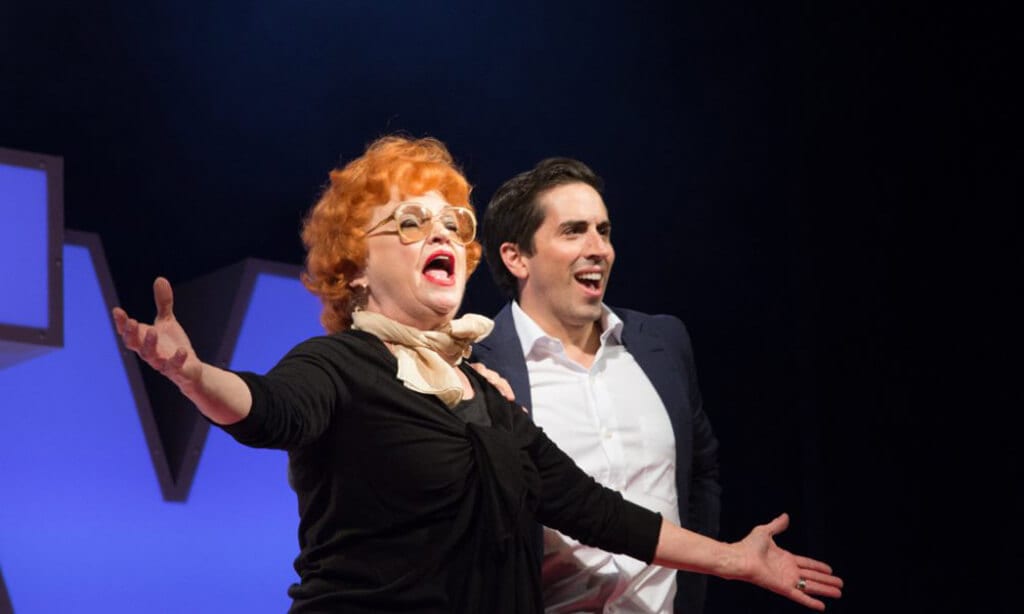Although Lucille Ball has somewhat fallen from the public consciousness over recent years there was a time at the height of her fame when she was – allegedly – just about the most famous woman on the planet.
She started her career as a ‘starlet’ with RKO, but not finding the fame she sought made a sideways move into radio – briefly – before she and her Cuban-American husband Desi Arnaz founded Desilu Productions in order to build a television show around her, and she found a home as the first lady of television comedy.
I Love Lucy, in which both she and Desi starred, ran for six years from 1951 to 1957, and was such a success that it made her the first female television executive in charge of a studio, and one of the most recognised faces in America.
The licensing of the 181 episodes, together with other shows in the succeeding decades, meant she had the freedom to live her life almost as she pleased, though by the mid 1970’s, divorced and remarried, and no longer with the energy and drive which characterised the I Love Lucy years, she liked to keep herself very much to herself, to stay in her house just north of Sunset Boulevard, and play backgammon.
It was into this world that Lee Tannen walked in the late 1970’s.
Always a fan, Tannen discovered aged around ten that he was very distantly related to Ball, and met her, though this first contact didn’t really amount to anything.
However, their next meeting, when he was around thirty, and she double that, was to spark a friendship which would last until her death aged seventy-seven in 1989.
I Loved Lucy, which has just opened at the arts theatre, and is based on Tannen’s best-selling book of the same title, is a collection of his reminiscences from those final ten years, and charts the ups and down, the arguments, and most of all the laughter, that they shared.
Tannen, the gay Jewish New Yorker, and Ball the ‘star’ seem to have found an accommodation with which they could both be happy, up to a point. That point being that she was Hollywood royalty, and he was to put it bluntly, a nobody.
Sandra Dickinson as Ball and, making his West End debut, Matthew Scott as Tannen, both have excellent comic timing, and are certainly believable as this mis-matched pair, and it goes without saying are a joy to watch.
That being said, I found myself reflecting on the things which I’d have liked to be in the play but which weren’t, and which might just possibly by their presence have taken the play to another level, like the fact that we discover curiously little about Tannen’s private and personal life, and how being effectively at the beck and call of this elderly woman on the opposite side of the country (he lived in New York, she in Los Angeles) impacted upon him. Likewise, I felt myself wondering where her children were. She had a boy and a girl, and although they’re mentioned they never seemed to be around at the same time that Tannen was. Ditto Desi Arnaz, her first husband, who by all accounts she kept in regular contact with.
As things stand the relationship between Tannen and Ball comes across as, well, just a bit creepy…and indeed the play is self-knowing enough to suggest that there’s more than a hint of the Joe Gillis and Norma Desmond about it.
In spite of all the laughter it’s essentially a play about a woman who ends up losing the will to carry on, but it isn’t in any way depressing, quite the opposite. And I’m sure that’s the way Lucy would have loved it.



